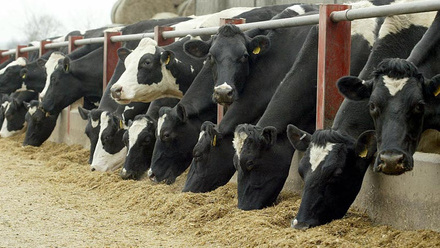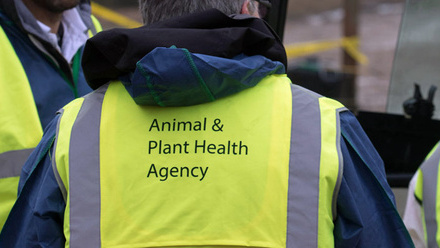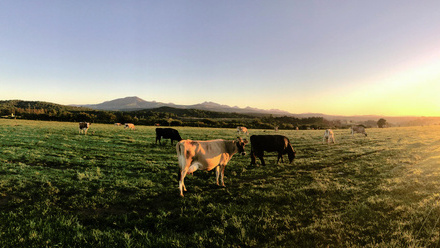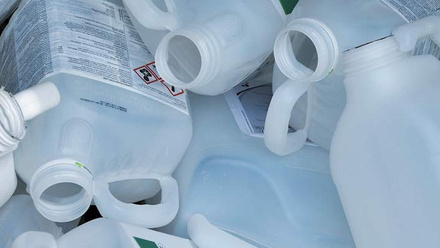Government dubs methane-suppressing feed technology "essential" to cut farm emissions
Methane-suppressing feed technologies have been described as "an essential tool to support the decarbonisation of the agricultural sector" by the Government as it publishes its response to a call for evidence on the topic.
The Government's announcement yesterday (26 October) provides fresh insight into the possible next steps for policymakers on this novel technology.
It comes after the Agricultural Industries Confederation (AIC) held discussions with the Government following its consultation.
James McCulloch, AIC's Head of Animal Feed, said: "We are encouraged that the Government has confirmed it will continue to work closely with industry and farmers to encourage their widespread adoption in England as part of the solution to reducing agricultural emissions.
"AIC responded to the Government's consultation, putting forward some thoughts on how policy might influence farmers' uptake of the range of pioneering technologies, practices, and innovations.
"The valuable knowledge exchange between FAR advisers and their farming customers is another vital element in helping drive down methane emissions."
Significant potential
The Government says that this might include guidance, advice and support through schemes such as the Farming Innovation Programme, Animal Health and Welfare Pathway, Environmental Land Management schemes, or the introduction of a tailor-made programme.
The industry responses to the call for evidence have been valuable in helping the Government better understand the possible role that methane-suppressing feed products could play in delivering net zero for the agriculture sector.
They confirm that the findings will be used by the UK government, as well as the devolved administrations in Northern Ireland, Scotland and Wales as they further consider policy in this area, including the role of policy to encourage the uptake of these products.
AIC will continue to offer feed industry input and guidance to Defra officials working in this important area.
The Government's stance on methane-suppressing feed technologies across the UK is summarised below.
England
Department for Environment, Food and Rural Affairs (Defra) considers that methane-suppressing feed products are an essential tool to support the decarbonisation of the agricultural sector. It is committed to working with industry to stimulate the market and encourage the uptake of these products.
In England, Defra plans to incentivise the uptake of high-efficacy products with proven safety once suitable products enter the market (expected to be from 2025).
Defra says it will work closely with industry to explore the best approach to introduce incentives, which could, for instance, include advice, guidance and support for the development and use of products on farms through farming schemes.
Its ambition is to develop a mature market and mandate the use of safe and effective products in suitable cattle systems in England as soon as feasible and at the latest by 2030.
Scotland
The Scottish Government is continuing to monitor the development, regulation and production of methane-suppressing feed products. It says there is significant potential for these products to assist the Scottish agriculture sector in reducing emissions.
In February 2023, the Scottish government published its Draft Agricultural Reform List of Measures outlining the intention to develop future agricultural support conditionality options which can recognise appropriate uptake of methane-suppressing feed products by farmers.
Wales
The Welsh Government is committed to reducing greenhouse gas emissions, by working with farmers and the industry to adapt to low-carbon farming technologies, including the potential role of methane-suppressing products.
It says it will continue working in collaboration with the other administrations and monitor the research and development of these products.
Northern Ireland
In Northern Ireland, low carbon emission farming practices, including the use of feed additives to reduce enteric methane emissions, nitrogen, and phosphorus outputs are to be progressed by collaborative industry research through a research challenge fund.







